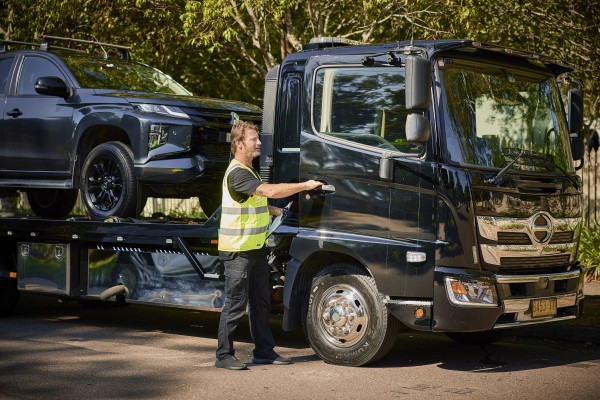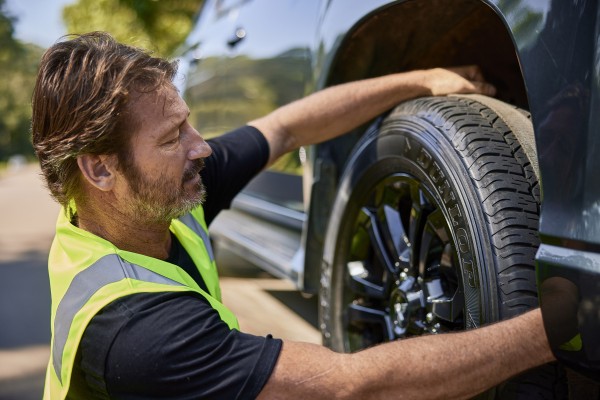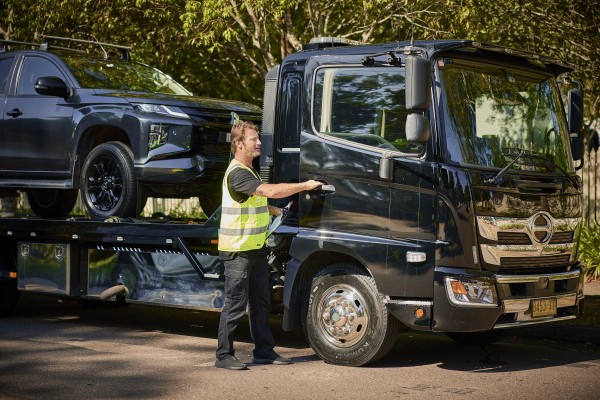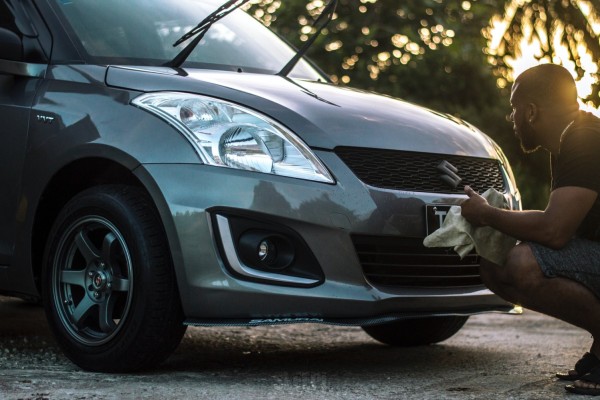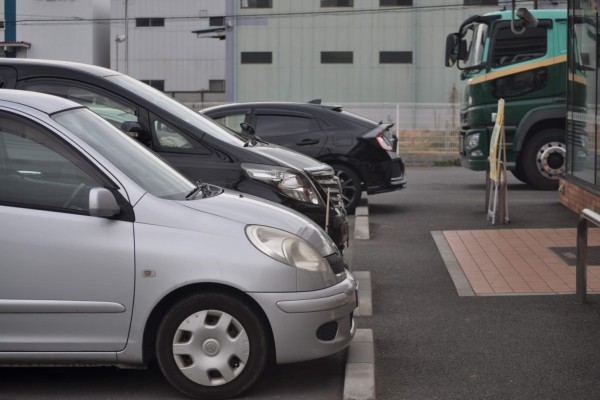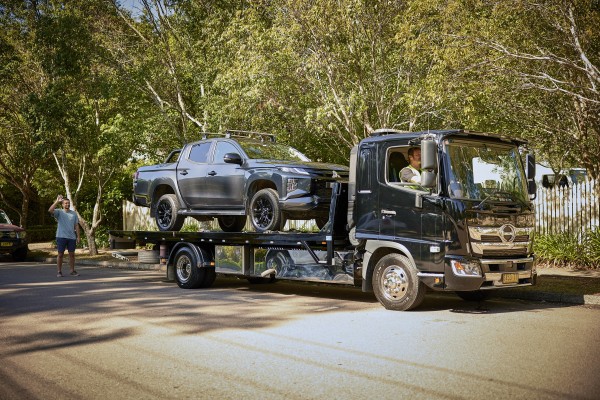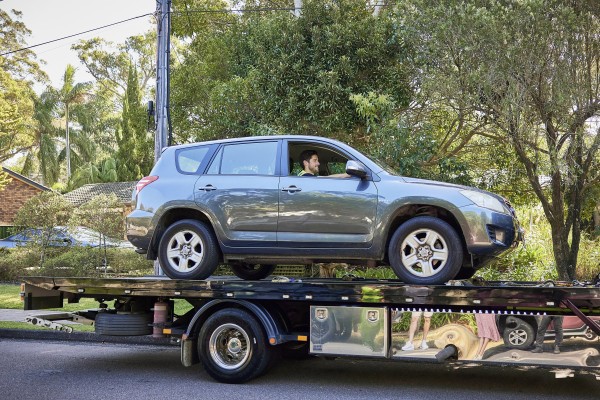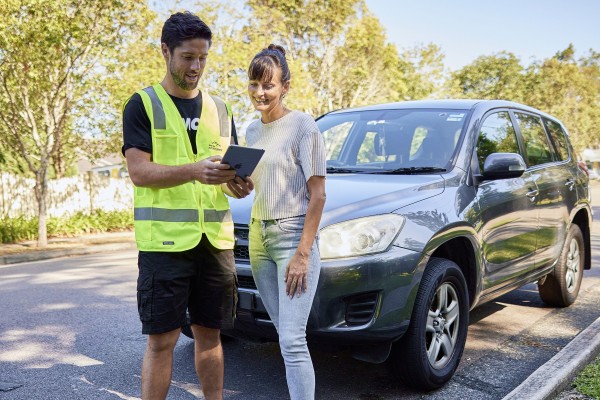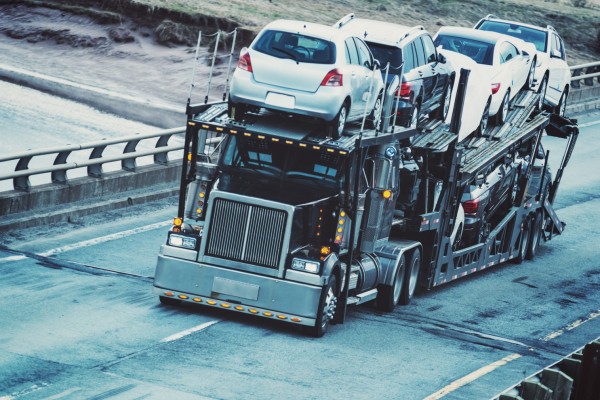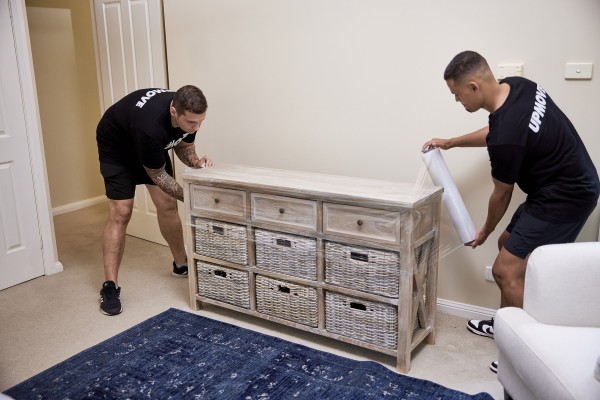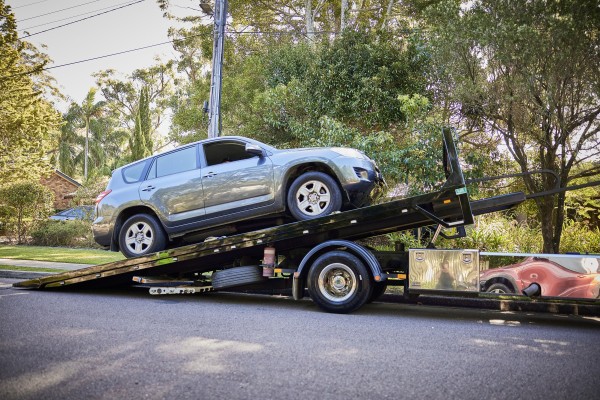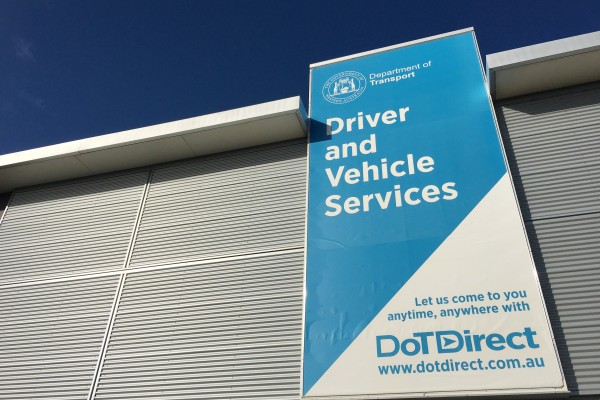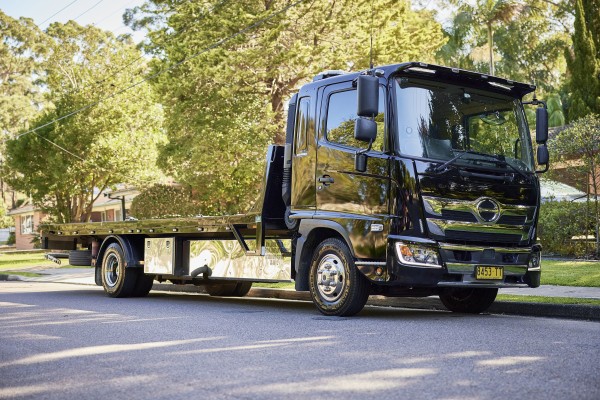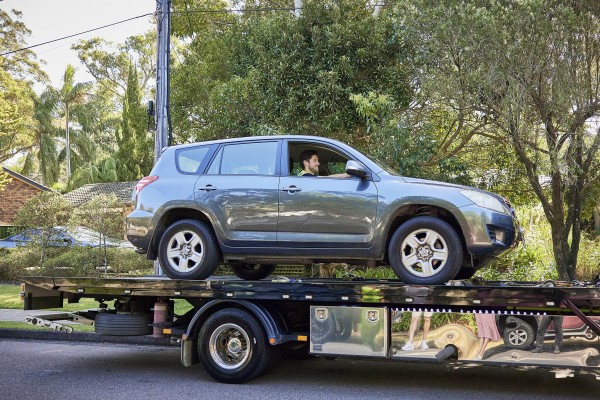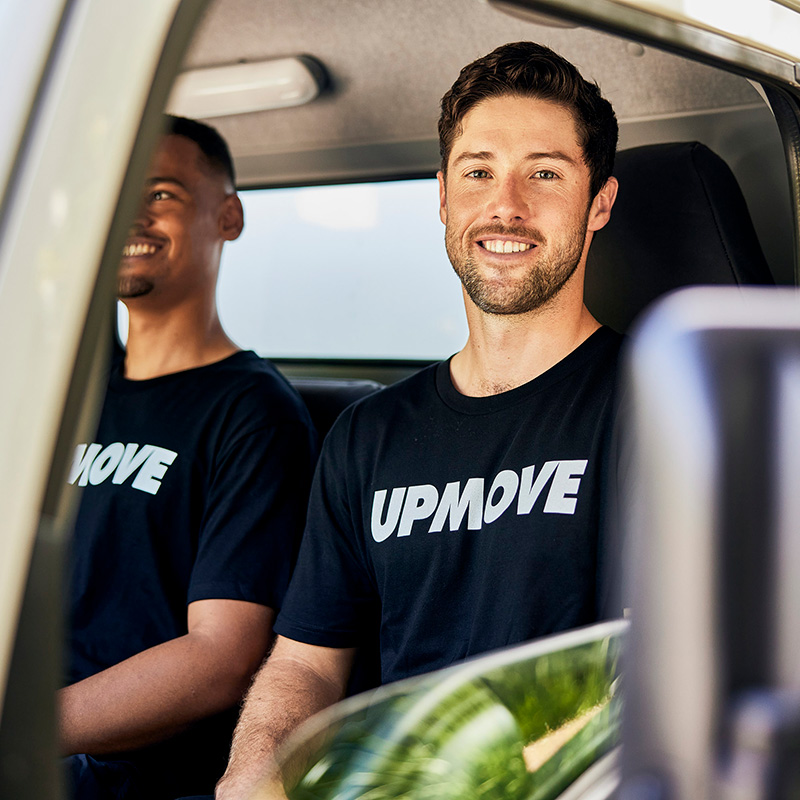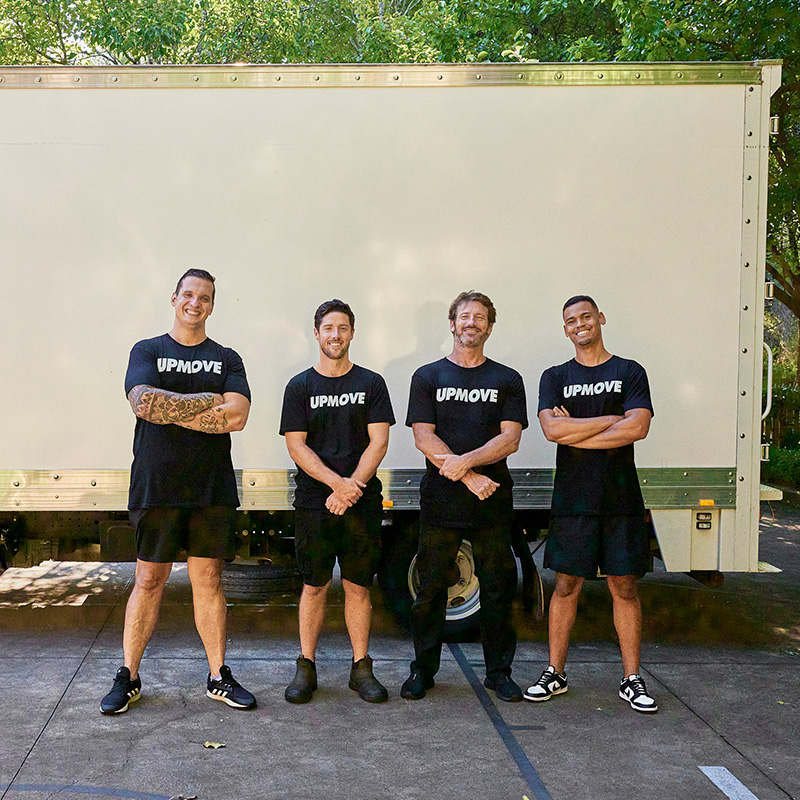Your guide to buying a second hand car
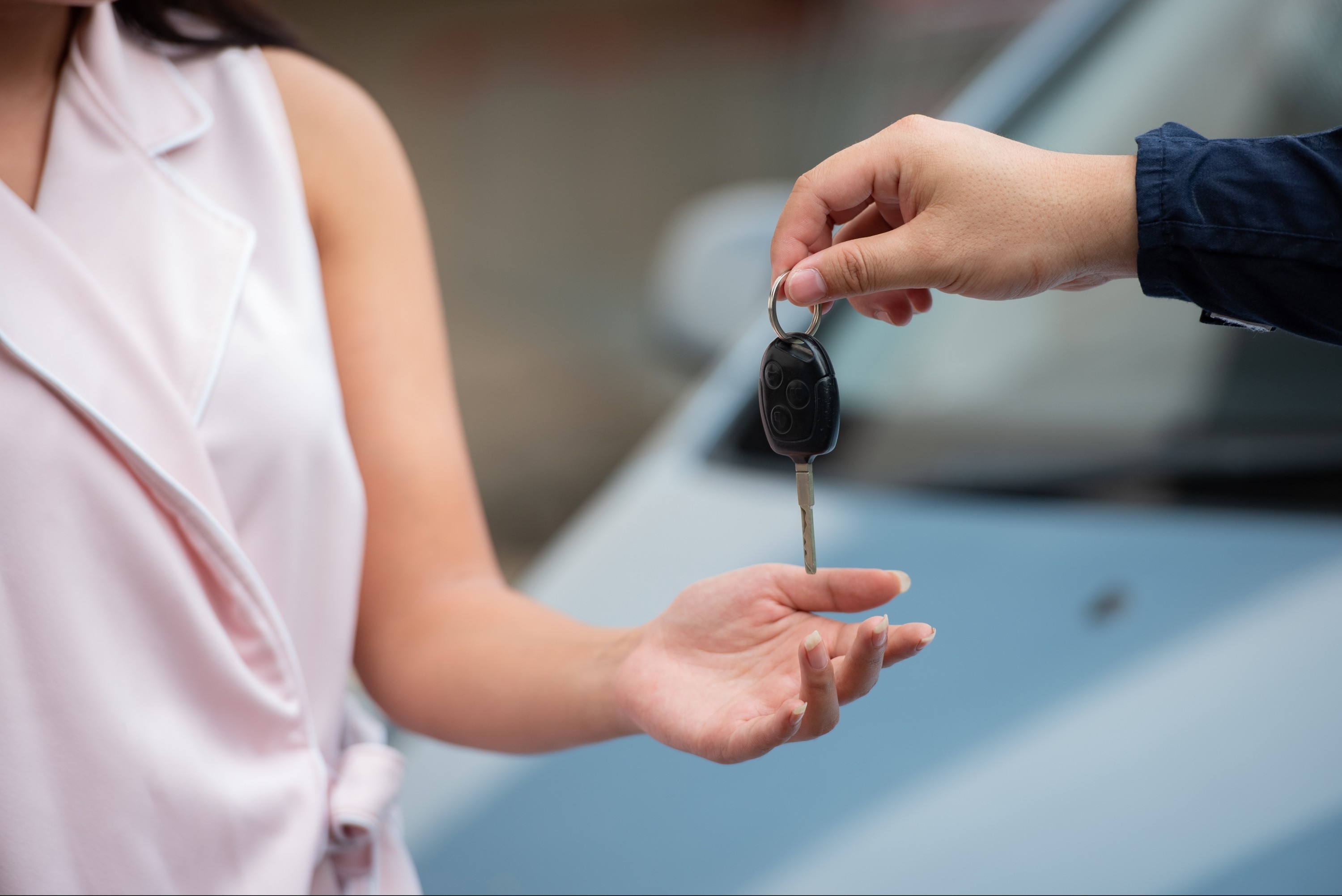
Buying a second-hand car can feel overwhelming. Whether you’re sifting through options online or visiting dealers, there’s a lot to think about.
In this article, we’re breaking down the dos and don’ts of buying a used vehicle, and the best ways to get your car from the dealer to your driveway.
Contents
Things to know before you buy
To streamline the buying process and minimise confusion, it’s important to get clear on a few things before you embark on your car search.
-
Know your budget. Set a realistic budget based on your affordability by researching the types of cars you’re interested in. Use a tool like Red Book to gauge car value based on the year and model
-
Check for state or territory regulations. Laws can vary from state to state. Make sure you keep things legal at every step of the buying process by doing your research in advance
-
List your priorities. By knowing exactly what features you need, you’ll save valuable search time
Dealer, auction or private - which is better?
There are three main approaches to buying a car: through a licensed dealer, via auction or in a private sale. Each way has its own pros and cons depending on what you’re looking for.
Dealer
Buying from a licensed car dealer is generally considered the safest way to buy a used vehicle. But, like most things, this safety comes at an additional cost. Dealerships have bigger cost margins to consider and are often driven by commission, so they will often boost the price tag a little bit to boost profits and compensate for other business expenses.
While buying from a dealer can be a more costly process, you are provided with a wider range of vehicles to choose from, and an added layer of certainty. All cars on show have been through a thorough inspection, any necessary repairs will have been conducted, and every sale comes with government rights and regulations attached to it. Also, dealerships are required to remove any encumbrances (debt owing) from the car before sale. This means you never have to worry about your car being repossessed due to someone else's unpaid debt. If it’s peace of mind you’re looking for, a dealership is the right buying option for you.
When you buy a used vehicle from a licensed dealer, you are entitled to:
Private sale
One of the reasons buyers are drawn to private sellers is the possibility of a lower price. While it’s true that private sellers are typically selling out of need, and are therefore open to negotiating the price, it’s equally true that they may over-inflate the price in the hopes you don’t know the value of what you’re buying.
That’s why it’s important to do your research before committing to anything.
It’s important to take extra care if you decide to buy from a private seller. Private sellers aren’t subject to the same consumer guarantees that licensed motor dealers or auctions are.
Auction
Buying at auction can be an exciting and sometimes more affordable way to buy a used car but, there are some extra things to think about.
Used car red flags
Just because a car looks shiny and new on the outside doesn’t mean everything is working properly under the hood. Here are some common red flags to look out for so you don’t end up with a lemon.
-
Outrageously low prices. If it looks too good to be true - it probably is
-
Suspicious odometer reading
-
Seller pressure. Don’t allow yourself to be rushed into a sale
-
Your PPSR check comes back showing registered security interests against the vehicle, or worse - that it’s been reported written off or stolen
-
Bad photos - blurry or far away photos of the car could be an indicator of some funny business. Always ask for clear images including images of the car’s interior - this way you know the seller has access to the inside of the vehicle
Checking for safety
One way you can identify issues with a used car is by running a safety check. This check looks at the overall safety of the particular make and model.
In addition to this, certain states require safety certificates when transferring a vehicle’s registration, But, it’s worth remembering that this is just a basic check and doesn’t explore every possible fault or issue. So, you may have a certificate and still need major repairs.
Questions to ask your seller
Don’t be afraid to ask questions through the buying process - it could save you from a costly mistake. Some questions to ask include:
Used car checklist
Get a car history report This checks whether the vehicle has money owing on it or if it’s been in a serious accident
Get your car checked by Last Check Vehicle Inspectors
Run a PPSR (Personal Property Securities Register) check - this is an official government check that costs roughly $2
Make sure the seller is the owner (private sales)
Check for any illegal modifications - best to get a professional vehicle inspection for this one
Check the tyre tread is a least the legal minmum
Shipping your car safely
Once you’ve done your research, found the vehicle, and been through the buying process you will probably need to arrange a way to transport your new car. Shipping can be a tricky business, and it’s important to find a company you can trust.
Transportation tips
Looking for the most cost effective way to ship your car? Upmove compares the best car transport providers across Australia to give you the best price.
Summary
By now, you should have a clearer idea of what to look for when buying a used car. From the pros and cons of buying through a dealership, auction or private sale, to knowing what questions to ask your seller.
We know there’s a whole lot to consider, so save this article for later, print out this checklist and use our tips and tools to research your options and buy your next car with confidence.
What do our customers say?



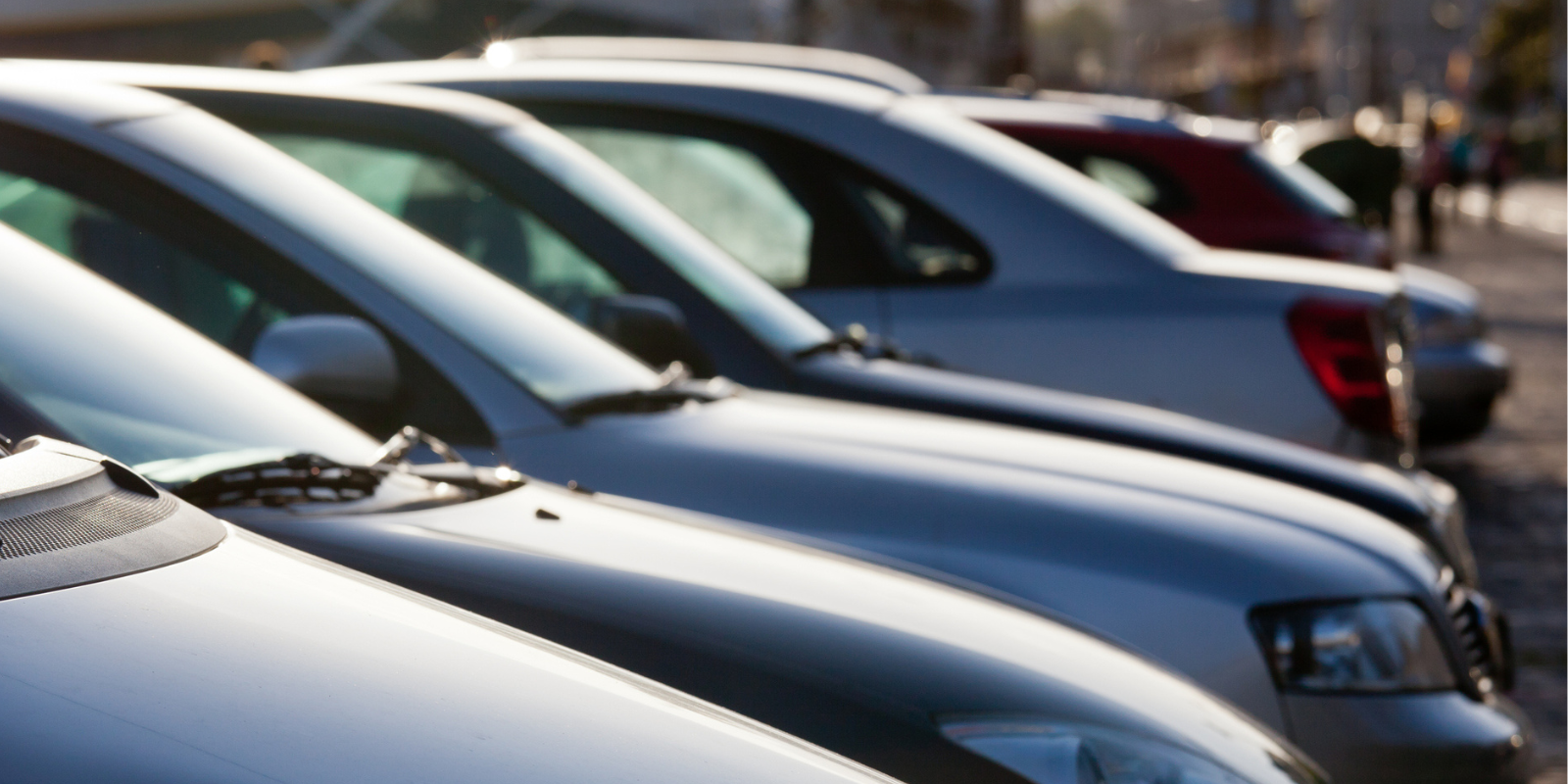
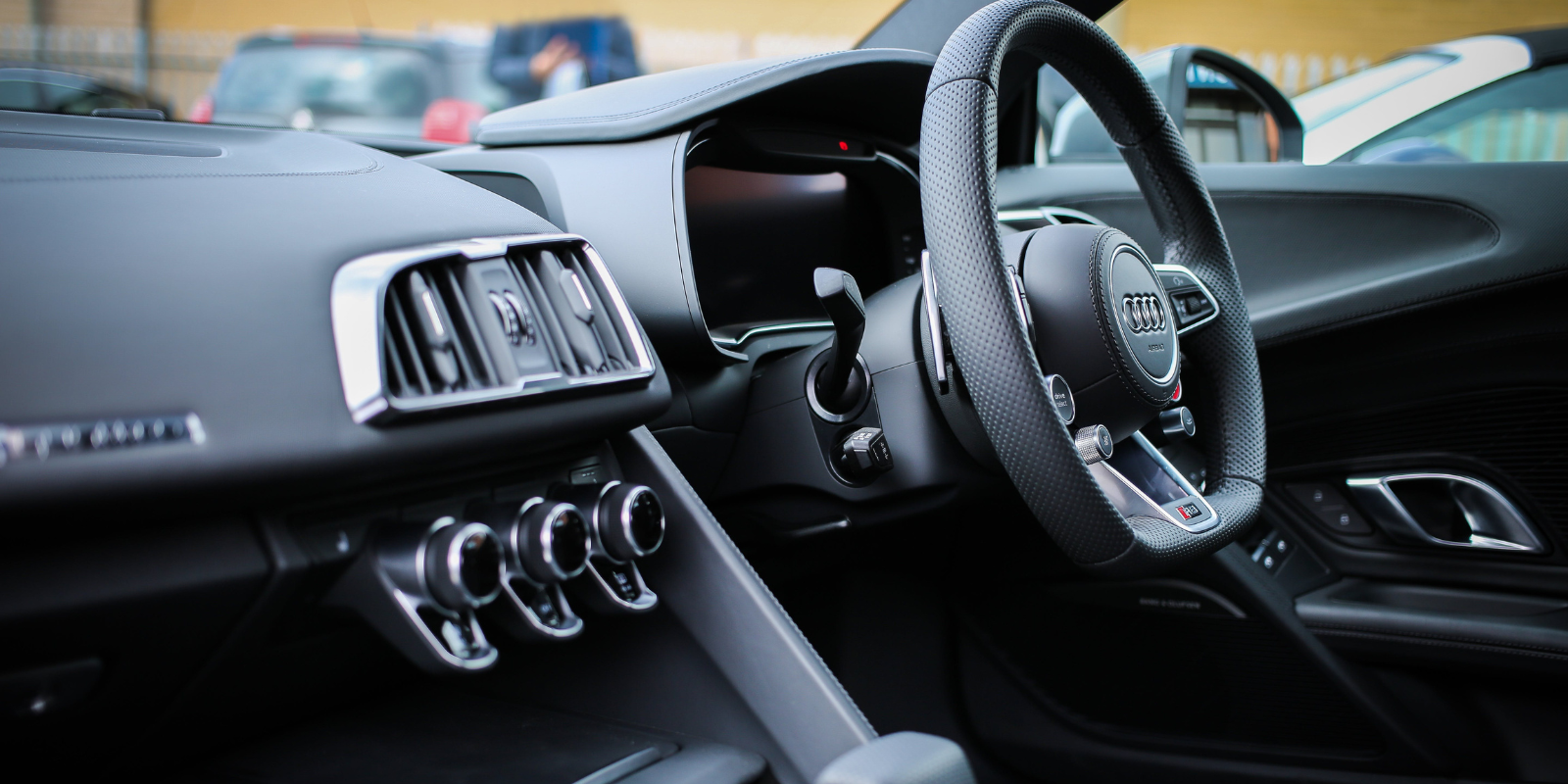
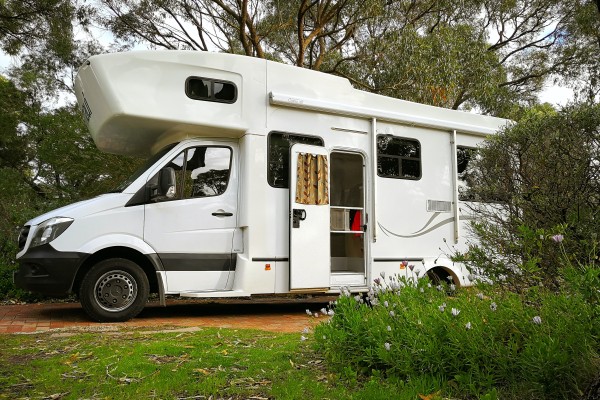
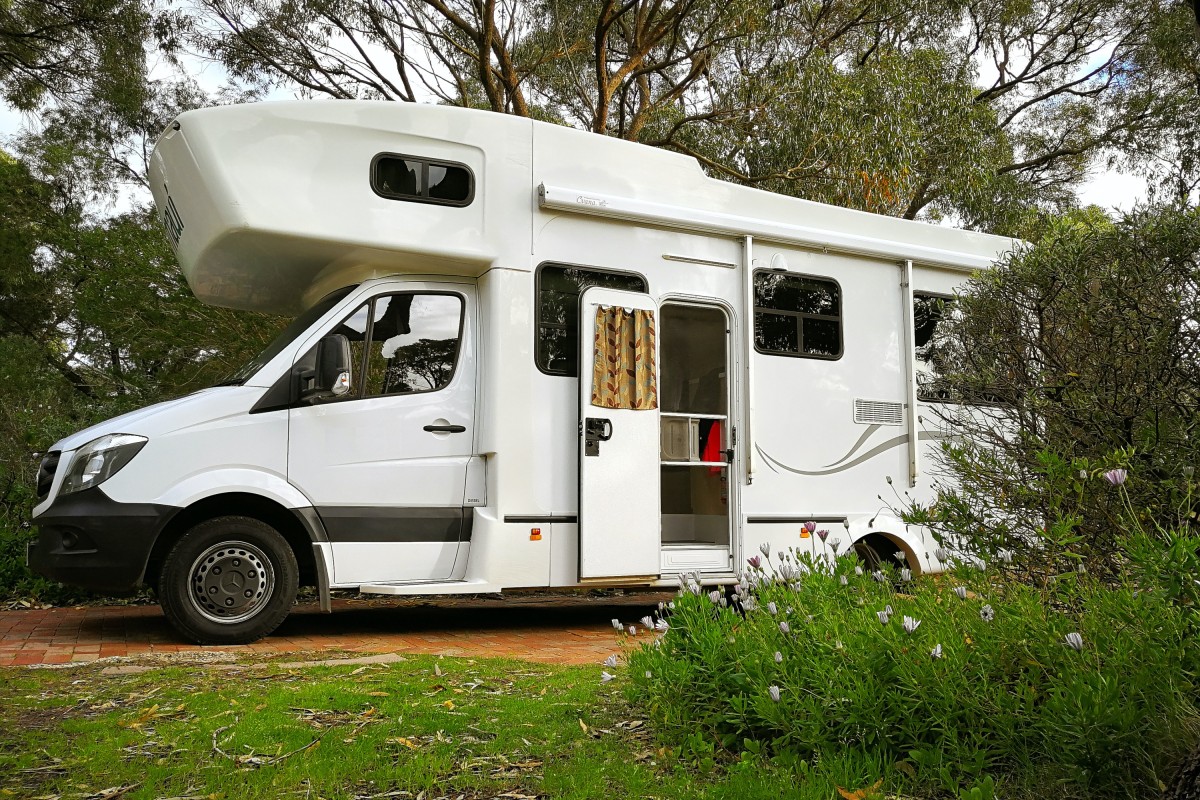
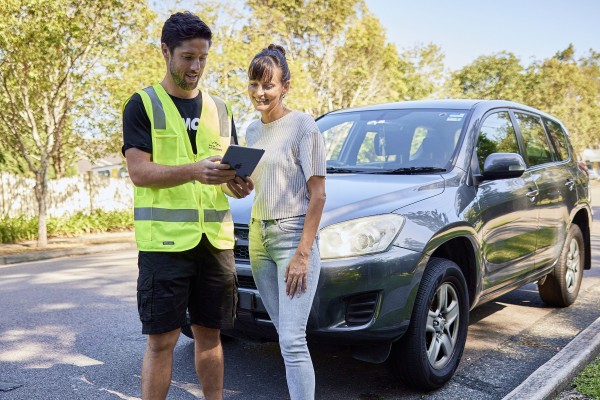
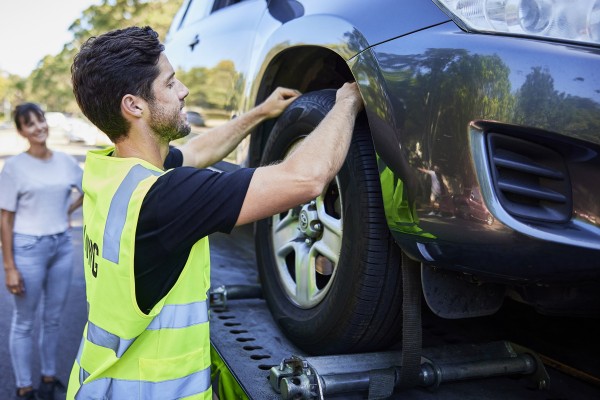
![Top Car Rental Companies Across Australia [Updated 2025] Top Car Rental Companies Across Australia [Updated 2025]](https://cdn.upmove.com.au/image/blog/8b764b76fe269172f532e099d0d1a327.jpeg)
